I was trying out a very basic example of Javascript closure, but I am not able to visualize it in Chrome devtools. Please see the screenshot.
I have created a global variable
var p = 3;
and a function
function f1() {
var q = 2;
return p+q;
}
This function is using the global variable p inside it, so this is a closure, right? Please guide me if my understanding is not correct.
So, if this is a closure then why doesn't it shown in the function scope as "Closure"?

